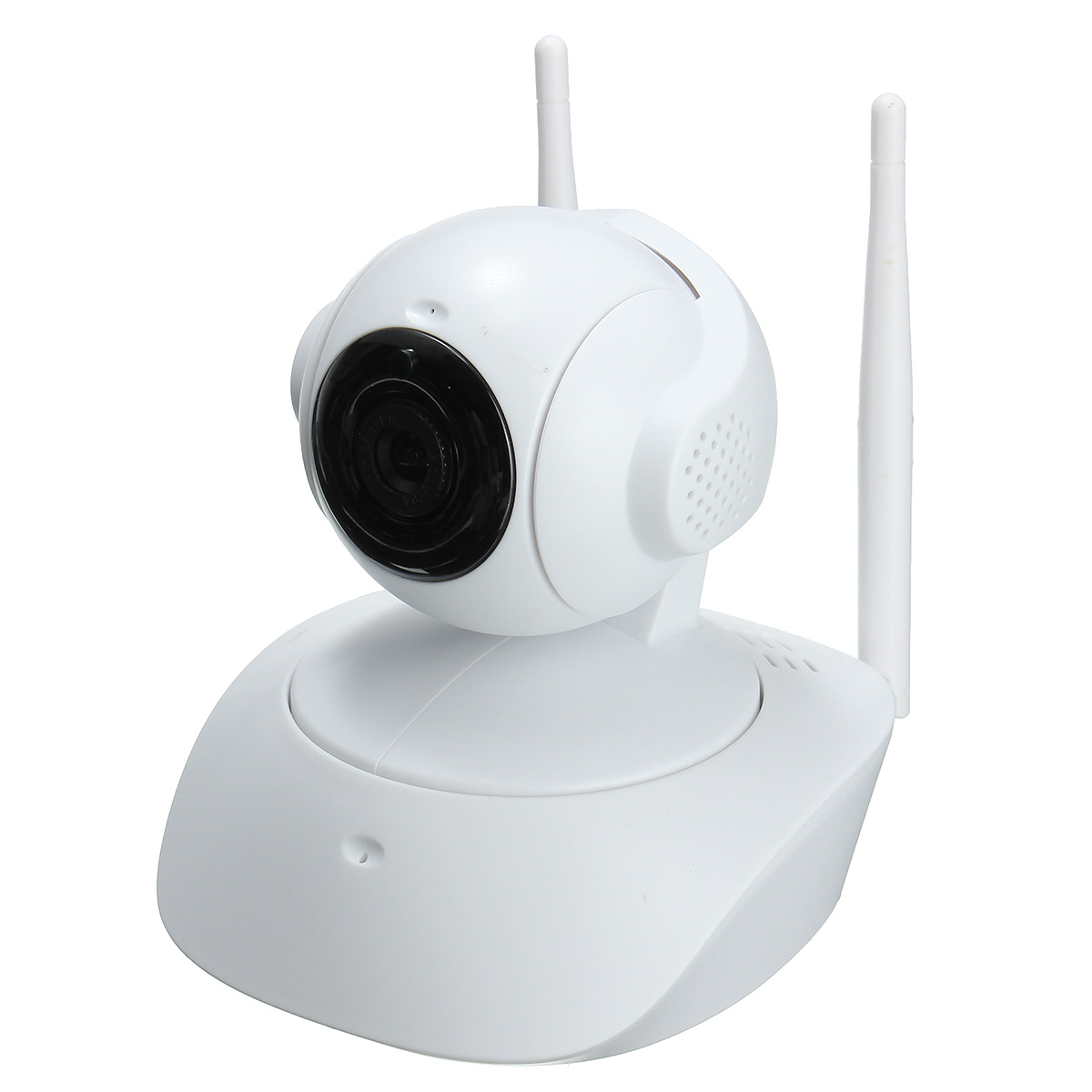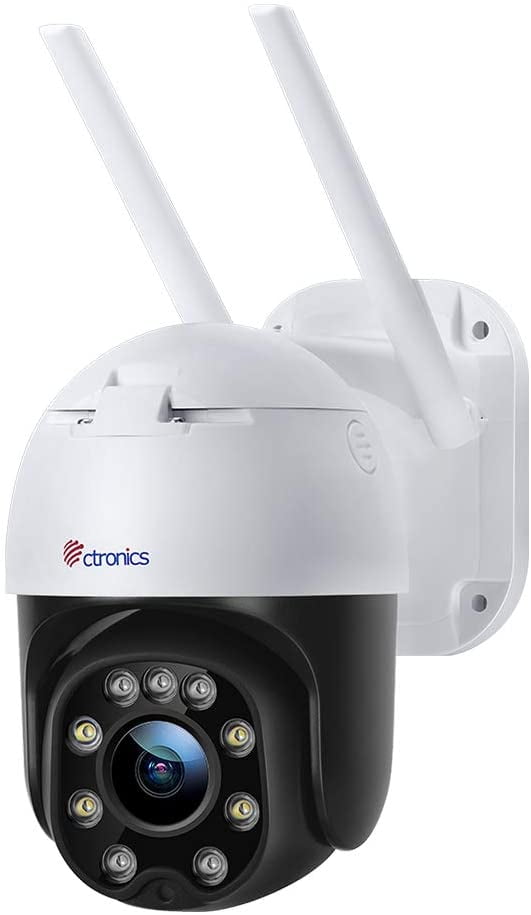
Since both Wi-Fi and PoE security cameras have their pros and cons, it's not simple to make a quick and wise decision.
#Ip camera security how to#
PoE vs Wi-Fi Security Camera, How to Make a Proper Selection? Power Failure: Wireless cameras are prone to losing charge when encountering batteries running out. Unstable Video Signal: For signals sent over Wi-Fi or other wireless networks, it's more apt to lose connection or suffer interference.Ĭybersecurity: There is always vulnerability to Internet connectivity, so it will be less secure than a wired option. No Wire to Cut: No chance for intruders to cut the wire because there is none. High Flexibility: It's easy for the owners to redeploy those wireless/ Wi-Fi cameras or to scale up. Lack of Flexibility: After a wired camera is tethered to a specific location, it may take a lot of work to move it to another location.Įasy to Install: The deployment of wireless cameras is relatively simpler since there is no need to run network cables behind the walls.

#Ip camera security professional#
Require Professional Installation: Since there is cabling work, professional installation is most likely necessary. Reliable and Stable Connection: Wired security cameras including PoE cameras are not susceptible to interference and jamming from wireless signals due to the physical wired connection.Ĭonsistent Video Quality: A stable wired connection will lead to strong video and audio signals to record high-quality video.Ĭonstant Power: With wired power, the cameras will keep recording as long as the electrical grid of the building remains sound. The following part will explain their benefits and drawbacks respectively. The differences between them, however, are rather distinct. Pros and Cons of Wired vs Wireless Security CamerasĮither wired or wireless security cameras can offer basic monitoring functions. That is to say, the user has access to the footage either through a built-in device or cloud storage.

The Wi-Fi IP camera operates by transmitting security footage from the camera to the recorder, which can be accessed within a network or remotely. It's like killing two birds with one "cable." IP cameras that support PoE technology, also known as PoE cameras, are able to send the video feed they record to the network while receiving both data and power from that very same PoE switch.Īs an alternative, a wireless camera system that adopts wireless technology allows cameras to connect to a router wirelessly without a hardwired connection. With the introduction of Power-over-ethernet (PoE) technology, both power and internet connection will be realized with one single cable.

Wired cameras transmit video and audio signals through a cable to the central management system. As the name implies, this system requires cables for power, internet connection, and video transmission. The wired camera security system is regarded as the traditional video surveillance solution. Introduction of Wired and Wireless Security Camera Systems


 0 kommentar(er)
0 kommentar(er)
